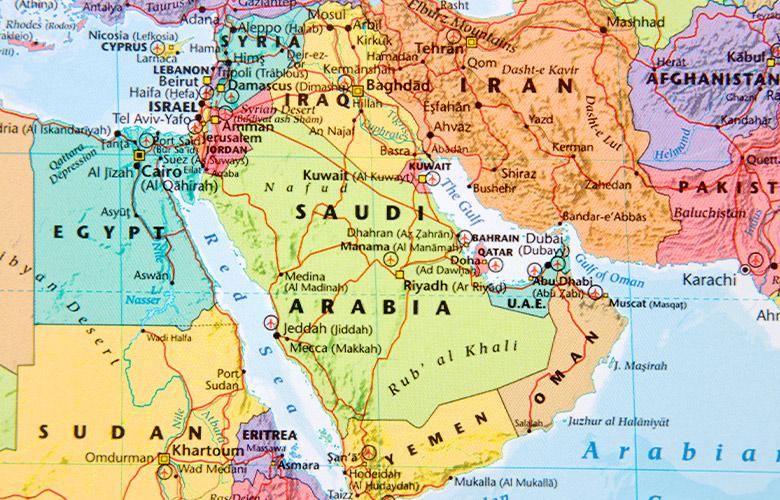
Across the Middle East and North Africa (MENA) region, learning assessments indicate that children in early grades tend to master lower-order reading skills, such as letter recognition, but struggle with higher-order skills, such as reading comprehension. Likewise, in early grade mathematics, they do well with number recognition and basic addition and subtraction but struggle with number patterns, word problems, and more complex equations.
With reading and math skills foundational to learning and leading to successful future employment, the U.S. Agency for International Development (USAID) organized a 2019 State of the Art (SOTA) Conference on Arabic Literacy and Numeracy in the Primary Grades in Rabat, Morocco, October 28–30, to explore ways to address these challenges. As a keynote speaker, I presented the report I developed for USAID’s Asia Bureau: Arabic Literacy and Numeracy State of the Art Conference Desk Review: Final Report. The report shares the results of academic and project-based research in the MENA region on what works for early grade reading and math improvement and documents the progress, or lack thereof, over the last five years.
This report is particularly important because much of the research on reading and math in the region, although conducted by local, native, Arabic-speaking university professors, is published in English in U.S., UK, Australian, and Canadian journals. Thus, research findings don’t often find their way back to the region’s Ministries of Education to help inform their policy and curricular decisions around teaching and learning. I believe that sharing these findings is a critical need, as many education decisions and policies are established without reference to research and evidence of what works, specifically in Arabic language contexts.
During the conference, USAID and Ministry of Education representatives from the Arabic-speaking world celebrated the progress being made while also discussing how to tackle the persistent challenges in moving student learning beyond basic literacy and numeracy skills. Ministry participants shared experiences from their countries and developed preliminary plans for moving forward. USAID presented its Reading Matters Framework along with ideas and tools to better serve marginalized students and track progress in reading and math achievement.
I hope that conference participants came away inspired by this emerging conversation around applying research findings on early grade reading and math instructions in Arabic to the practical problem of improving student learning.
Helen Boyle is an EDC vice president and the director of program strategy for the International Development Division. As the Middle East and North Africa Center director, Boyle expanded EDC’s technical work in the region and oversaw multimillion-dollar USAID-funded programs.
Add new comment